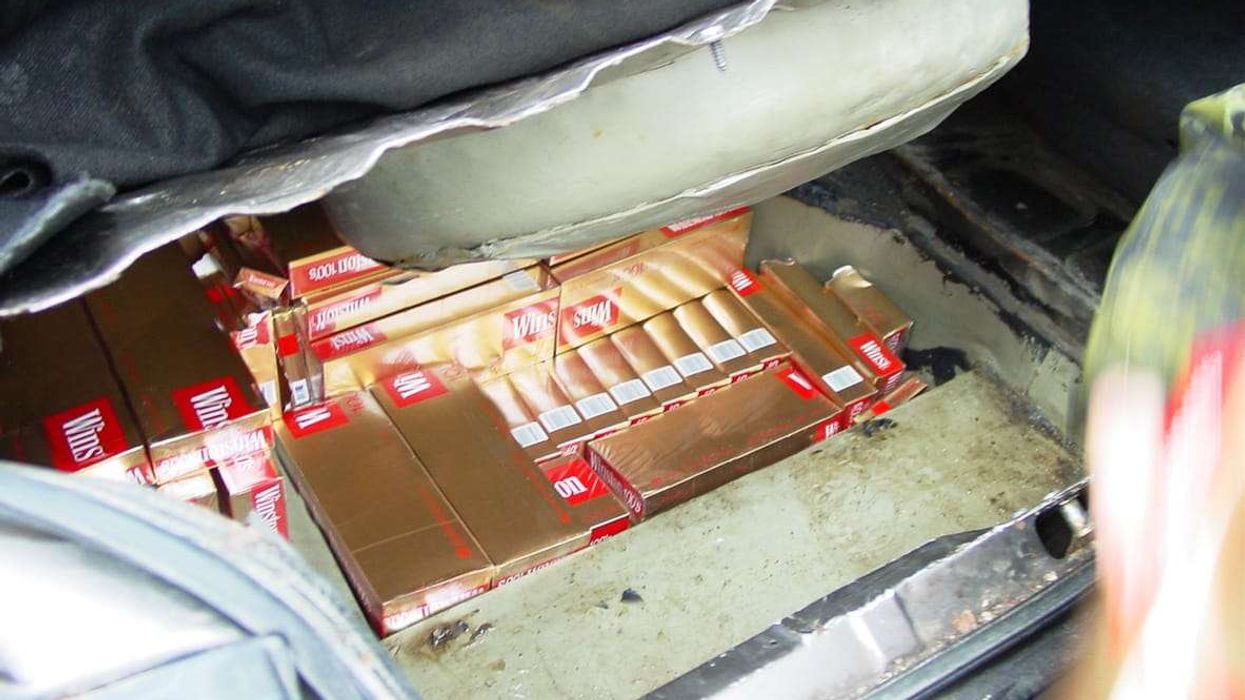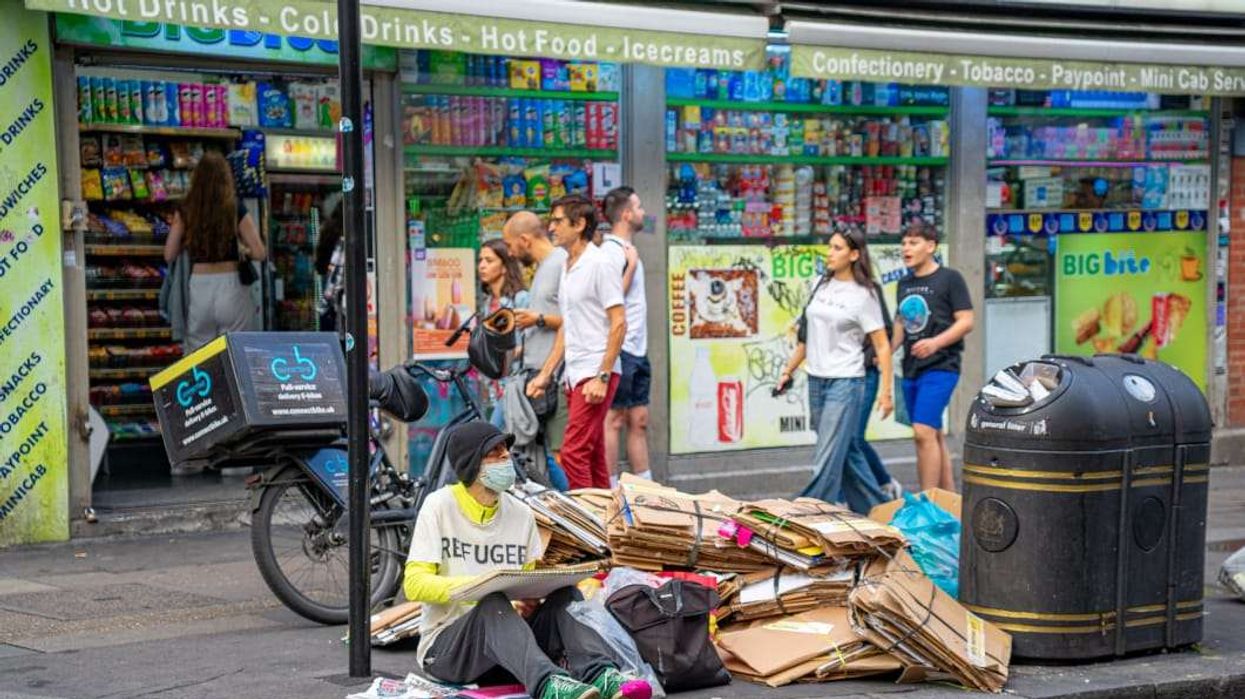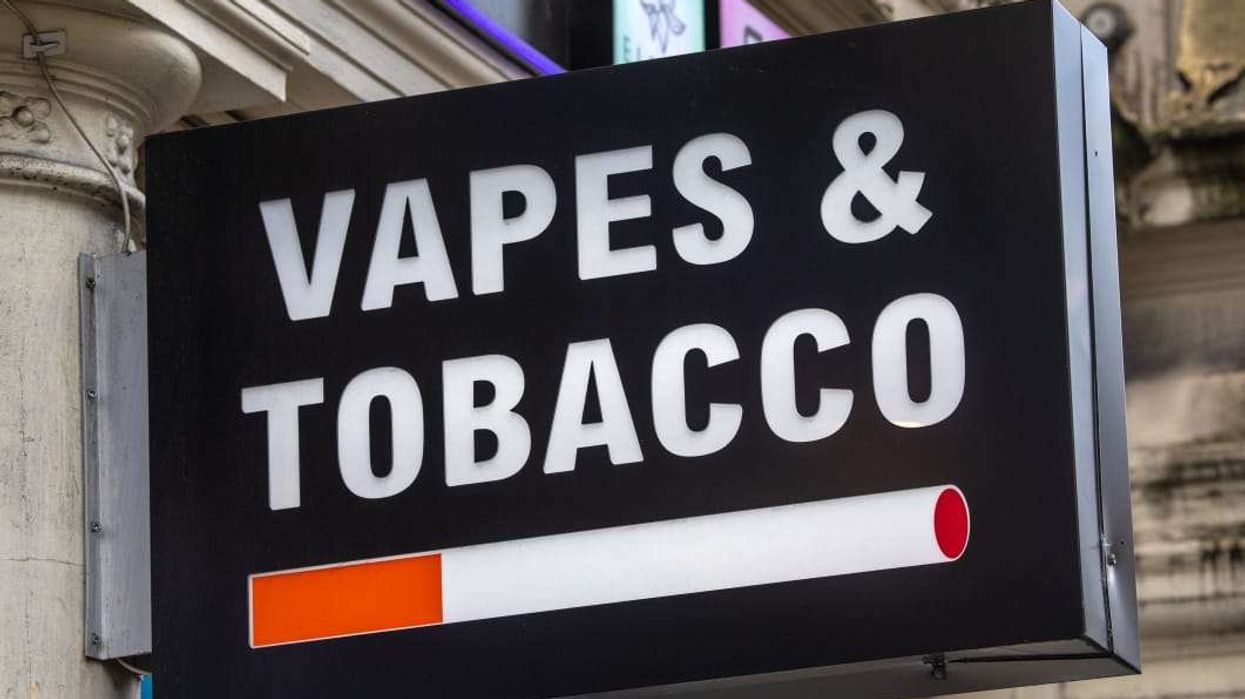Highlights
- Over 100 mini-marts, barbershops and car washes linked to criminal operation spanning from Scotland to Devon.
- 'Ghost directors' charge up to £300 monthly to front businesses while actual operators sell illegal cigarettes and vapes worth £3,000 weekly.
- Asylum seekers working 14-hour shifts for as little as £4 per hour in shops that avoid council tax and tamper with electricity meters.
A BBC undercover investigation has revealed how a Kurdish criminal network is enabling migrants to operate illegal businesses across the UK through a sophisticated system of fake company directors.
1. The 'Ghost Directors' system

The operation centres on individuals who register dozens of businesses in their names but never actually run them. Two men alone—Hadi Ahmad Ali and Ismaeel Farzanda—were linked to over 70 businesses including mini-marts, carwashes and barbershops.
These 'ghost directors' charge illegal workers between £250-£300 monthly to keep shops registered under their names, allowing asylum seekers to operate businesses while avoiding immigration enforcement. One director admitted having "40 to 50 shops" under his name.
2. Massive profits from illegal trade

The investigation found shops selling counterfeit cigarettes for £4 per packet far below the average UK price of £16, with weekly takings from illicit tobacco reaching up to £3,000 at a single location.
Kurdish builders were discovered offering to construct elaborate hiding spaces costing £6,000 that could fool Trading Standards sniffer dogs. One shopkeeper showed reporters a 'stash car' where he hid stock until enforcement officers finished their shifts at 5pm.
3. Exploitation and immigration abuse

Asylum seekers are working illegally for poverty wages, some as low as £4 per hour for 14-hour shifts. One worker described earning just £50-£65 daily while living in limbo, having waited four months since his Home Office interview with no response.
The businesses typically dissolve after a year, then reopen with slight name changes to dodge scrutiny. Trading Standards raids result in minimal fines of just £200, despite maximum penalties of £10,000 being available.
Financial crime investigators believe the network could involve "hundreds" more businesses beyond the 100 identified by the BBC, with operations concentrated in some of Britain's most deprived areas including Blackpool, Bradford, Huddersfield and Hull.
The illegal cigarette and vape trade costs the UK at least £2.2 bn in lost revenue annually, according to HMRC.





